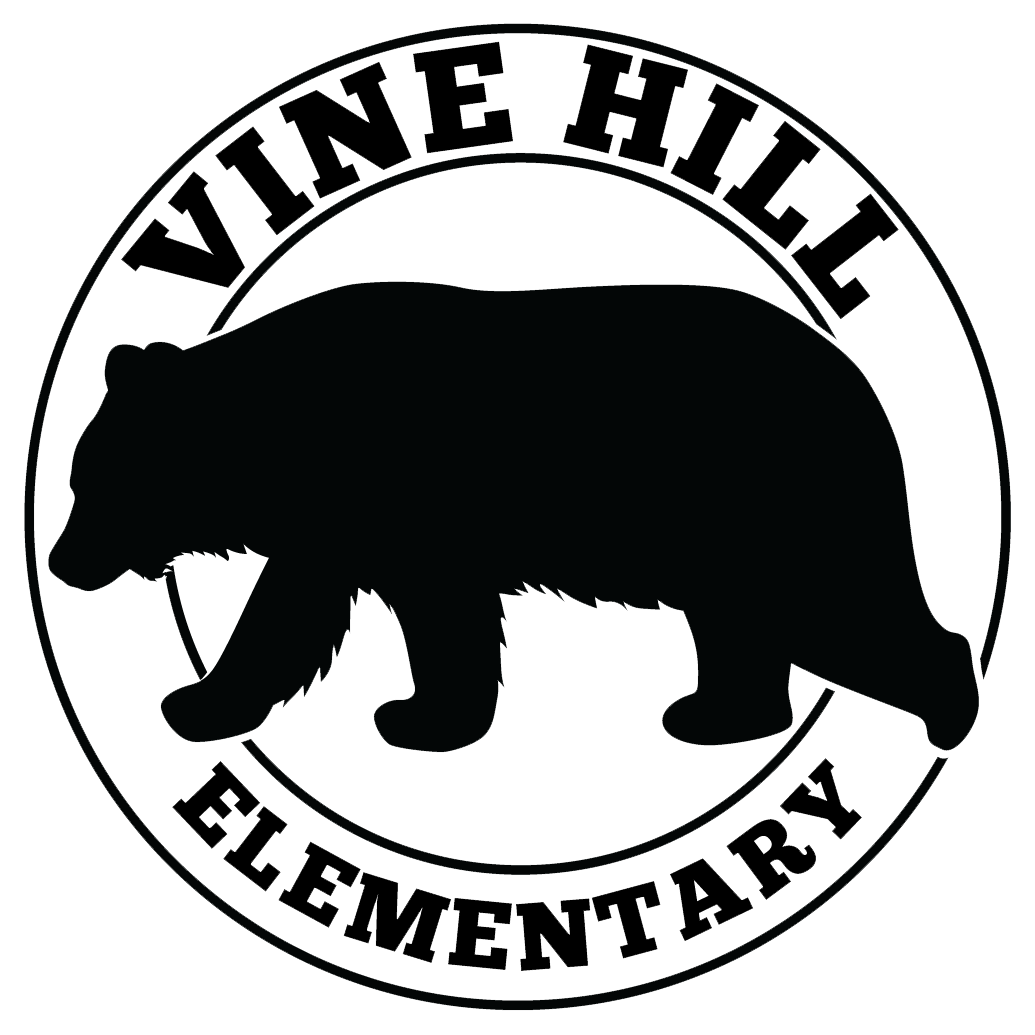Skip to content
Show submenu for Our School
Our School
Activities
Classrooms
Show submenu for Parents
Parents
Enrollment and Registration Information
Attendance
Behavior Procedures & Info
Core Curriculum
Stakeholder Groups
Volunteers
Important Forms
Show submenu for Important Links
Volunteers and Field Trip Drivers
Contact Us
Show submenu for
